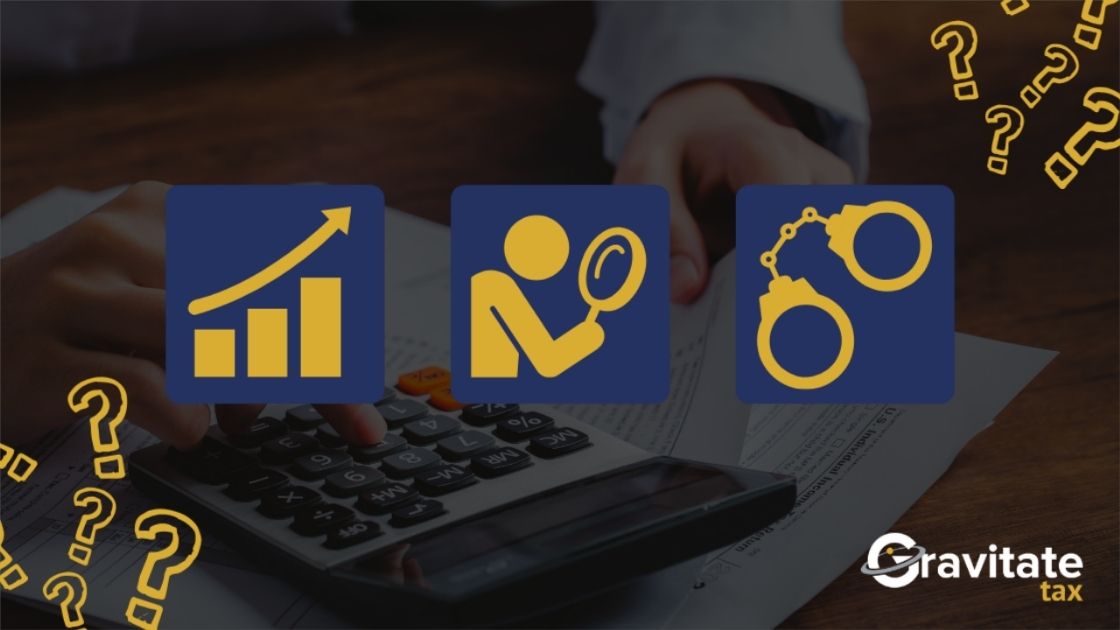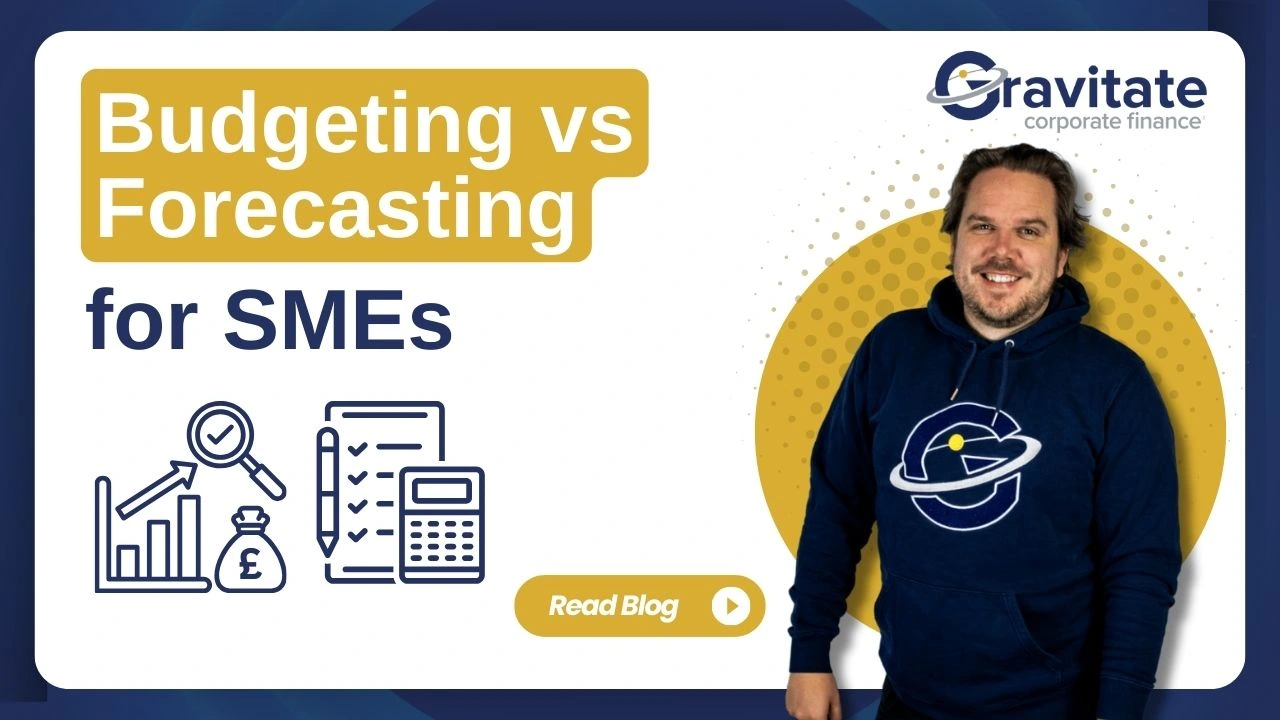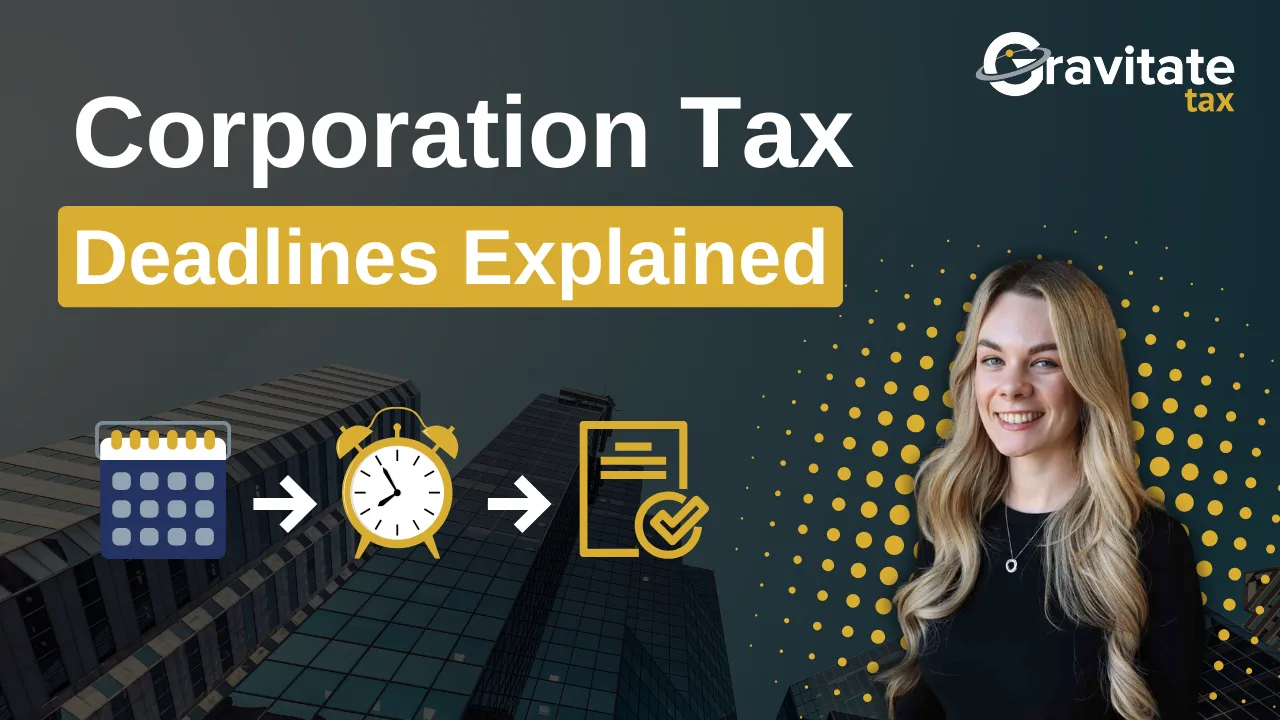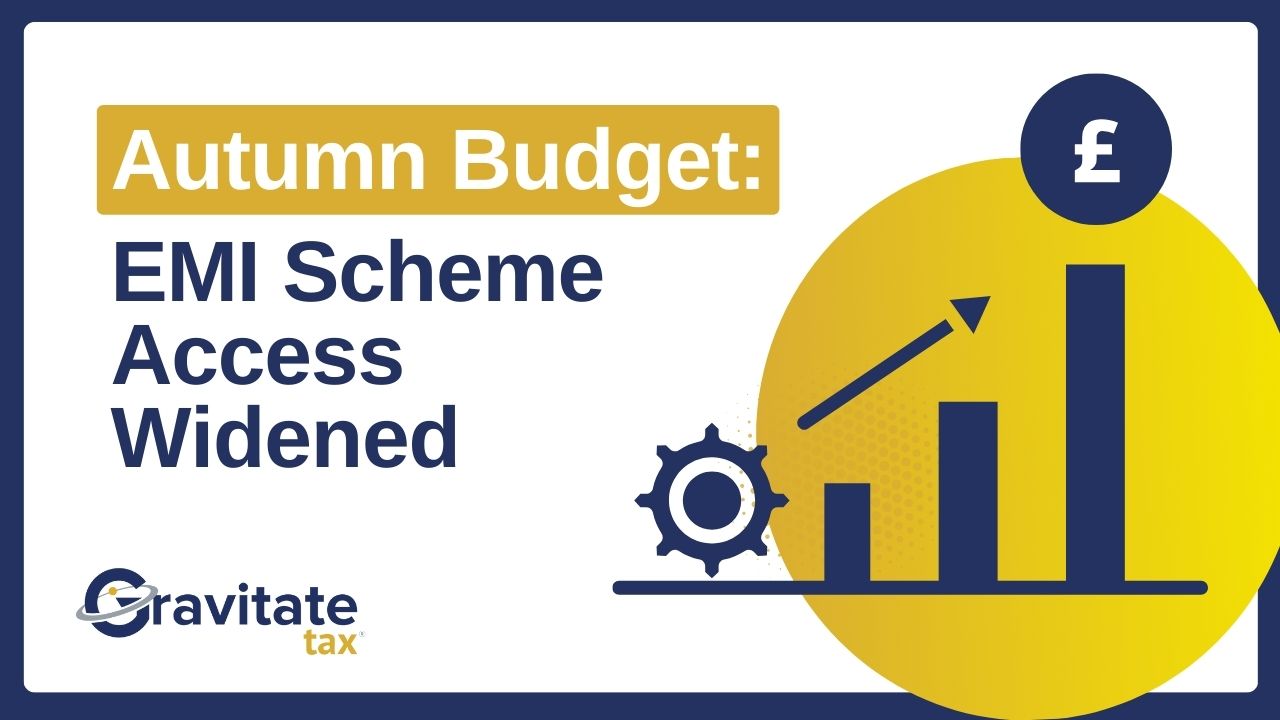Updated December 2025
Tax is a very complex area, and for business owners it brings both opportunities and risks.
Tax related conduct and ethics are constantly under the public and political microscope. As recently as this week Deputy Prime Minister, Angela Rayner, has been embroiled in a scandal following underpayment of stamp duty on a flat in Hove, amounting to £40,000.
From these scandals comes an important question.
How do individuals with complex income and tax positions know what is ethical and legal, and what is not?
We think it’s of utmost importance that both businesses and individuals understand where these lines are, so that they can stay on the right side of the law and avoid reputational damage while still managing their tax position efficiently.
So, let’s break it down. What is the difference between tax planning (that’s what we do!), and tax avoidance and tax evasion?
What is Tax Planning?
Tax planning is the process by which individuals and businesses structure their financial affairs to achieve the most tax-efficient outcome within the framework of UK tax law.
It involves making informed decisions about income, expenditure, investments, and timing in order to legitimately minimise tax liabilities while remaining fully compliant with HMRC requirements.
The key characteristics of tax planning
- Tax planning is fully legal and actively encouraged by legislation through incentives, reliefs and other situational factors.
- HMRC is perfectly happy with tax planning when it aligns with the letter (and spirit) of the rules.
- It includes things like using ISAs effectively, claiming legitimate business expenses, or contributing to your retirement savings (pensions).
What is Tax Avoidance?
Tax avoidance is where the distinction becomes less clear, both legally and ethically. Broadly speaking, tax avoidance involves arranging financial affairs to reduce tax liabilities by exploiting gaps, anomalies, or aggressive interpretations within the tax legislation. While such arrangements may comply with the letter of the law, they often operate contrary to its underlying purpose or intended spirit.
This sets tax avoidance apart from legitimate tax planning, which is explicitly supported by legislation through clearly defined reliefs, allowances, and incentives designed to encourage certain behaviours or investments.
Although tax avoidance is not inherently illegal, it is widely regarded as ethically questionable and carries significant risk. HMRC has extensive powers to challenge arrangements it believes are abusive, and successful challenges can result in additional tax liabilities, interest, and penalties.
The key characteristics of tax avoidance
- Tax avoidance is technically legal, but that doesn’t mean HMRC lets people get away with it. HMRC may challenge any tax behaviours they see as problematic or shady, especially if it’s aggressive/excessive.
- HMRC generally disapproves of tax avoidance and tackles abusive tax arrangements with provisions such as the General Anti-Abuse Rule (GAAR).
- If tax arrangements fall within the scope of GAAR, taxpayers could see tax reclaimed, as well as penalties, accelerated payment notices and other sanctions.
- Examples of tax avoidance schemes include offshore structures with no commercial purpose, or disguised remuneration schemes.
In some instances, HMRC discovers the gaps in legislation that have been manipulated by advisers, and they can take corrective action. On occasion, this corrective action can be retrospective meaning that the tax avoidance arrangements can then be legitimately chased by HMRC with corresponding penalties and interests.
What is Tax Evasion?
Tax evasion is not a grey area; it is unequivocally illegal and constitutes a criminal offence in the UK. It involves the deliberate and dishonest concealment or misrepresentation of information in order to reduce or eliminate a tax liability.
In practical terms, tax evasion can include actions such as falsifying tax returns, deliberately omitting or hiding taxable income, inflating expenses, using false documentation, or knowingly misrepresenting facts about a person’s or business’s financial position. These actions are undertaken with the intention of evading tax that is legally due and payable.
Unlike tax planning or legitimate tax avoidance, tax evasion carries serious consequences, including financial penalties, repayment of unpaid tax with interest, and the potential for criminal prosecution.
The key characteristics of tax evasion
- Tax evasion is a criminal offence in the UK
- HMRC will pursue suspected tax evasion vigorously with fines and criminal prosecution.
- Examples of tax evasion include not declaring self-employment income, fabricating invoices or hiding taxable earnings offshore.
- The penalties for tax evasion, even if not malicious in intent, are severe, and can include prosecution, large fines and imprisonment.
Tax Planning, Avoidance and Evasion compared
So, what should you do if you want to pay less tax?
If you are looking at your tax bills, whether as an individual or a business, and wishing the bill were lower, then you’re not alone. But there is a fine, but also clear line between responsible and proactive tax planning, and avoidance or evasion.
Tax planning lets you play by the rules, keeping more of your income or profits in a responsible and compliant way. There are also lots (and I mean lots) of potential tax planning opportunities that apply to businesses and individuals of all shapes and sizes, all encouraged, and all designed to ensure you only pay your fair share.
If you’d like to understand more about what legitimate tax strategies may apply to you, or if you want to review your current set up to ensure it is solid, please feel free to get in touch!

.png)


.png)

.png)
.png)

.png)
.png)
.png)













.png)
.png)
.png)

.png)
.png)

.png)

















.jpg)

.webp)
.png)

.svg)
